Submissions are now open for the Julia Peterkin Literary Awards in Flash Fiction and Poetry.
Established in 1998 by the Creative Writing program at Converse College, the Julia Peterkin Award is a national contest honoring both emerging and established writers. The award is named for Converse graduate Julia Mood Peterkin, whose 1929 novel, Scarlet Sister Mary, was awarded the Pulitzer Prize in literature.
South 85 Journal seeks submissions of unpublished flash fiction of 850 words or fewer and previously unpublished poems of 50 lines or fewer. We are especially interested in stories and poems that demonstrate a strong voice and/or a sense of place, but consider all quality writing.
The winning selection in each category will be awarded $500 and publication in the December issue of South 85 Journal. Contest finalists will also be selected and published alongside the winning selection. Submissions are read blind by an outside judge.
Judges for this year’s contest are Cary Holladay for flash fiction and Ashley M. Jones for poetry.
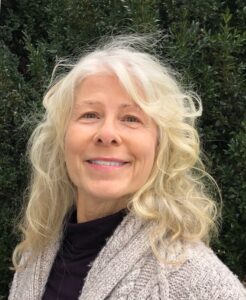 Cary Holladay has published six short story collections, including Horse People, The Quick-Change Artist, and most recently, Brides in the Sky, as well as two novels and over 100 short stories and essays in journals and anthologies, including Alaska Quarterly Review, Arkansas Review, Five Points, The Georgia Review, The Hudson Review, Kenyon Review, Prairie Schooner, Sewanee Review, Southern Review, and Tin House. Her awards include an O. Henry Prize and a fellowship from the National Endowment for the Arts. She is Professor Emeritus at the University of Memphis. She lives in Virginia.
Cary Holladay has published six short story collections, including Horse People, The Quick-Change Artist, and most recently, Brides in the Sky, as well as two novels and over 100 short stories and essays in journals and anthologies, including Alaska Quarterly Review, Arkansas Review, Five Points, The Georgia Review, The Hudson Review, Kenyon Review, Prairie Schooner, Sewanee Review, Southern Review, and Tin House. Her awards include an O. Henry Prize and a fellowship from the National Endowment for the Arts. She is Professor Emeritus at the University of Memphis. She lives in Virginia.
Submit Flash Fiction Here
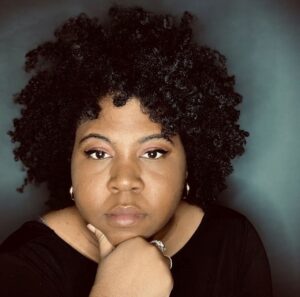 Ashley M. Jones is Poet Laureate of the state of Alabama (2022-2026). She received an MFA in Poetry from Florida International University (FIU), where she was a John S. and James L. Knight Foundation Fellow. She is the author of three poetry collections: REPARATIONS NOW! (Hub City Press, 2021); dark // thing (Pleiades Press, 2019), winner of the Lena-Miles Wever Todd Prize for Poetry; and Magic City Gospel (Hub City Press, 2017), winner of the silver medal in poetry in the Independent Publishers Book Awards. Her poems and essays appear or are forthcoming in many journals and anthologies, including CNN, the Academy of American Poets, Poetry magazine, Tupelo Quarterly, Prelude, and The Harvard Journal of African American Public Policy, among others.
Ashley M. Jones is Poet Laureate of the state of Alabama (2022-2026). She received an MFA in Poetry from Florida International University (FIU), where she was a John S. and James L. Knight Foundation Fellow. She is the author of three poetry collections: REPARATIONS NOW! (Hub City Press, 2021); dark // thing (Pleiades Press, 2019), winner of the Lena-Miles Wever Todd Prize for Poetry; and Magic City Gospel (Hub City Press, 2017), winner of the silver medal in poetry in the Independent Publishers Book Awards. Her poems and essays appear or are forthcoming in many journals and anthologies, including CNN, the Academy of American Poets, Poetry magazine, Tupelo Quarterly, Prelude, and The Harvard Journal of African American Public Policy, among others.
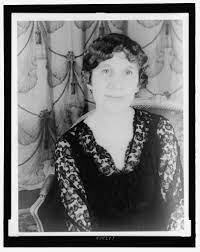


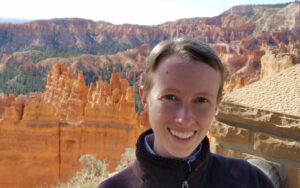

 Do you wish you could put your love for writing first?
Do you wish you could put your love for writing first?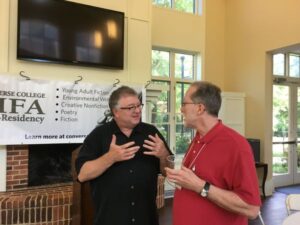 Try the Converse MFA
Try the Converse MFA 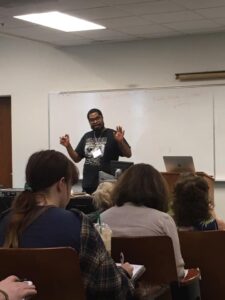 The Converse Low Residency MFA program also offers a
The Converse Low Residency MFA program also offers a 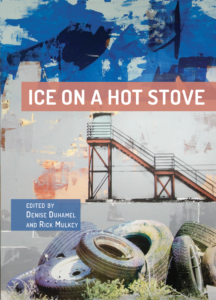 Students and alums of the Converse MFA program have access to publishing opportunities through the
Students and alums of the Converse MFA program have access to publishing opportunities through the 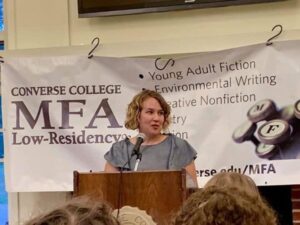 In addition to meeting the minimum requirements set by the Converse University Graduate School, the MFA applicant must receive approval for degree program status from the MFA program faculty and director.
In addition to meeting the minimum requirements set by the Converse University Graduate School, the MFA applicant must receive approval for degree program status from the MFA program faculty and director.